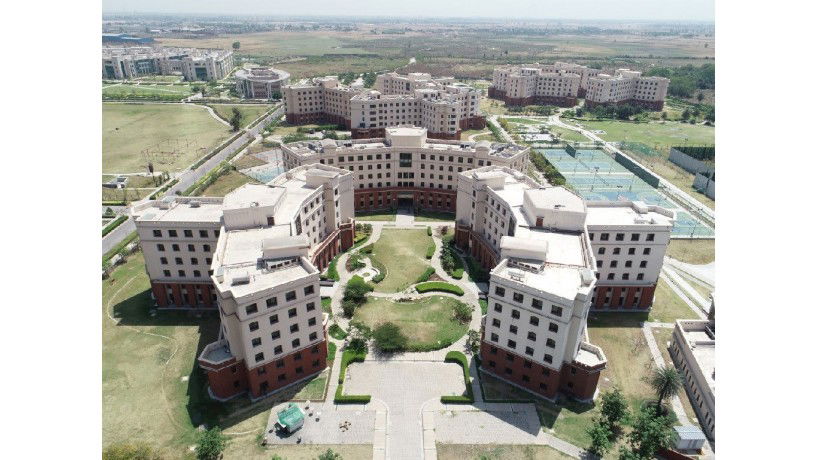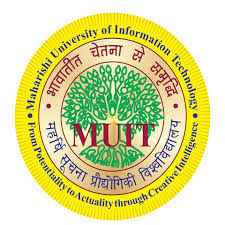The Ph.D. in Metallurgical and Material Engineering is a doctoral degree program in materials science and engineering. The emphasis is on studying the fundamental sciences, applied mathematics, and the science of materials. The program offers a multidisciplinary perspective and integrates training in the various disciplines of the field. Students can focus on different areas, such as energy, environmental issues, and sustainable industrial development.
The Ph.D. in Metallurgical and Material Engineering is a versatile degree that prepares students for careers in research and teaching. This degree program is highly technical and specialized. Graduates will gain a broad knowledge of materials science, a thorough understanding of experimental methods, and a strong foundation in the socio-economic impact of materials. The Ph.D. program in materials science and engineering also offers opportunities to work in industrial laboratories.
Ph.D. in Metallurgical and Materials Engineering Eligibility
Candidates who want to take admission in Ph.D. in Metallurgical and Materials Engineering must have a post-graduate degree in Ph.D. in Electric Engineering and its relevant discipline with at least 55% marks from a recognized university and must have passed the national level entrance examination or university level entrance examination. National level entrance exams like UGC NET / UGC CSIR NET / GATE / SLET or University entrance exams consist of written tests and personal interviews.
The Benefits of a Ph.D. in Metallurgical and Materials Engineering
There are several advantages to pursuing a Ph.D. in metallurgical and materials engineering. For one, a Ph.D. degree requires a dissertation and intensive research. For another, it offers a higher salary and prestige. There are many advantages to a Ph.D. in materials engineering.
For example, a materials science graduate can pursue a career in advanced materials engineering research. These professionals may also pursue other professional qualifications outside of the field of materials. A Ph.D. in materials science and engineering can open up a wealth of opportunities for professionals. There are also opportunities for graduate students to gain valuable research and development experience in various areas, including science, physics, and mathematics.
The Career Opportunities of a Ph.D. in Metallurgical Engineering
A Ph.D. in metallurgical engineering is offered by the Materials Science and Engineering Department at Michigan State University. It requires extensive research and the completion of a doctoral dissertation. This degree is available to students without an M.S. in metallurgy. A Ph.D. in metallurgic typically takes four years to complete.
The field of materials science and engineering offers a variety of career options. A Ph.D. in materials engineering can lead to a career in a number of different fields, including chemical, aerospace, and biomedical research. There are many different types of job opportunities in the field, and graduates can apply their knowledge in a wide range of fields. The average salary for a graduate of this program is around $98,000.
After graduating from a Ph.D. program in metallurgy, graduates may seek employment in a variety of settings, including academia and research. In addition to academic and research settings, the industry offers numerous opportunities for qualified candidates. As an example, graduate students can find careers in the chemical, pharmaceutical, or biomaterials fields. This program is available at many different colleges and universities.
The Future Scope of a Ph.D. in Materials Engineering
The Ph.D. in Materials Engineering requires the completion of an original research project. The program is three years full-time or six years part-time and includes both courses and an external placement. To be eligible to earn this degree, students must have a strong interest in the topic and a passion for conducting research. The program is interdisciplinary, requiring original research in a variety of fields.
The Ph.D. program focuses on the microstructure and structure of materials. Among the most popular areas of research are electronics and optical materials. These two fields are based on the relationship between processing treatments and microstructure. Another area of research involves dielectric and electronic materials. This branch of the degree program is also growing in popularity because of its focus on new materials for electronics.
A Ph.D. in Materials Engineering can help you gain an understanding of the chemical and physical properties of materials. This area of study is specialized and has a wide scope. The focus on atoms and molecules makes it a unique field. It also involves quantum physics and solid-state chemistry. A graduate will learn the principles of the bonding and atomic arrangements of materials.
Ph.D. Research Programme duration
The Ph.D. in Metallurgical and Materials Engineering course is a minimum of 3 years and a maximum of 5 years duration. This depends on the university offering the course.
Fees for research program for Metallurgical and Materials Engineering
The average fee for Ph.D. in Metallurgical and Materials Engineering degree is between INR 50000 and INR 500000
 5 Years
5 Years
 PhD
PhD
 Research
Research
































 back
back